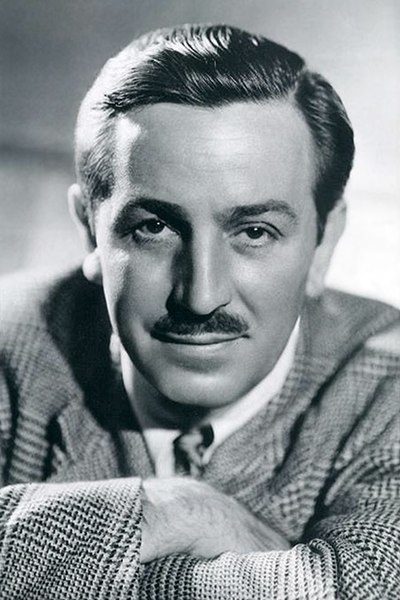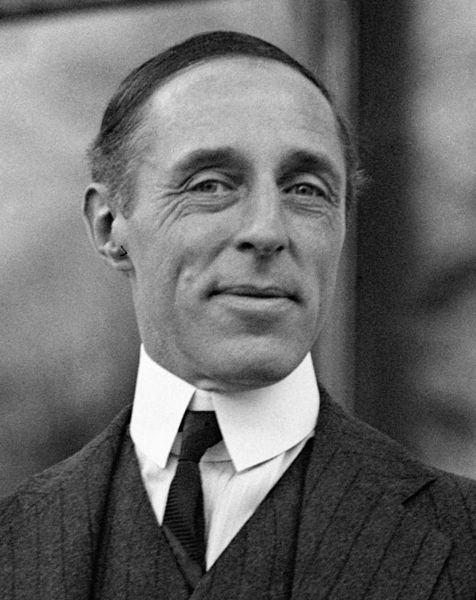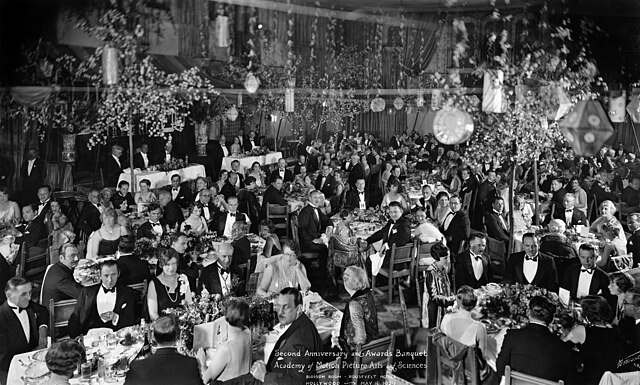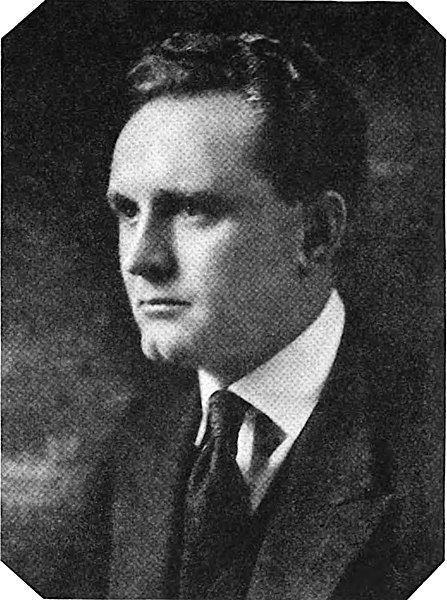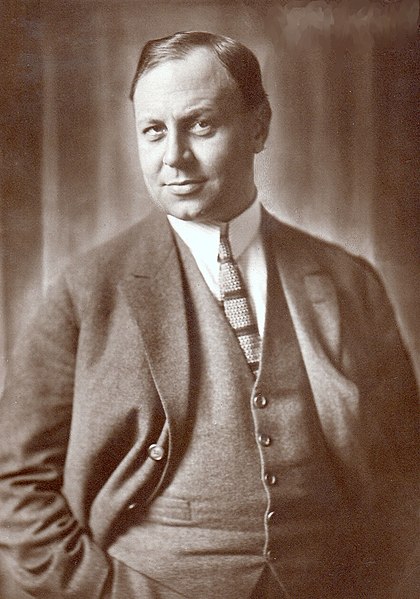The Academy Honorary Award – instituted in 1950 for the 23rd Academy Awards – is given annually by the Board of Governors of the Academy of Motion Picture Arts and Sciences (AMPAS). Since 2009, it has been presented at the separate annual Governors Awards rather than at the regular Academy Awards ceremony. The Honorary Award celebrates motion picture achievements that are not covered by existing Academy Awards, although prior winners of competitive Academy Awards are not excluded from receiving the award.
Charlie Chaplin originally received competitive nominations for The Circus (1928); however, the Academy rescinded them in lieu of this Honorary Award. He later earned three nominations for The Great Dictator (1940), one for Monsieur Verdoux (1947), won a competitive award for composing Limelight (1952), and obtained a second Honorary Award.
Walt Disney holds the record for most Oscar nominations (59) and wins (22). He received four Honorary Awards in addition to those wins.
Shirley Temple received the first Juvenile Award, in the form of a miniature statuette.
D. W. Griffith directed many silent classics, including The Birth of a Nation (1915), Intolerance (1916), Broken Blossoms (1919), Orphans of the Storm (1921), et al.
The 1st Academy Awards ceremony, presented by the Academy of Motion Picture Arts and Sciences (AMPAS) and hosted by AMPAS president Douglas Fairbanks, honored the best films from 1 August 1927 to 31 July 1928 and took place on May 16, 1929, at a private dinner held at the Hollywood Roosevelt Hotel in Los Angeles, California. Tickets cost $5 ; 270 people attended the event, which lasted 15 minutes. It is the only Academy Awards ceremony not broadcast on either radio or television; a radio broadcast was introduced for the 2nd Academy Awards.
The first Academy Awards ceremony (pictured) was held at the Hollywood Roosevelt Hotel
Frank Borzage, Best Directing (Dramatic Picture) winner
Emil Jannings, Best Actor winner
Charles Chaplin, Honorary Award


